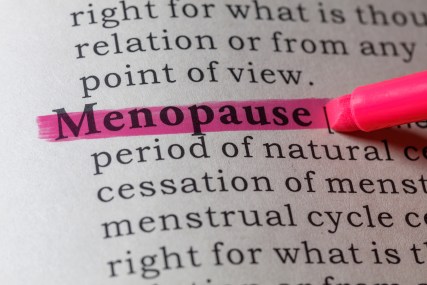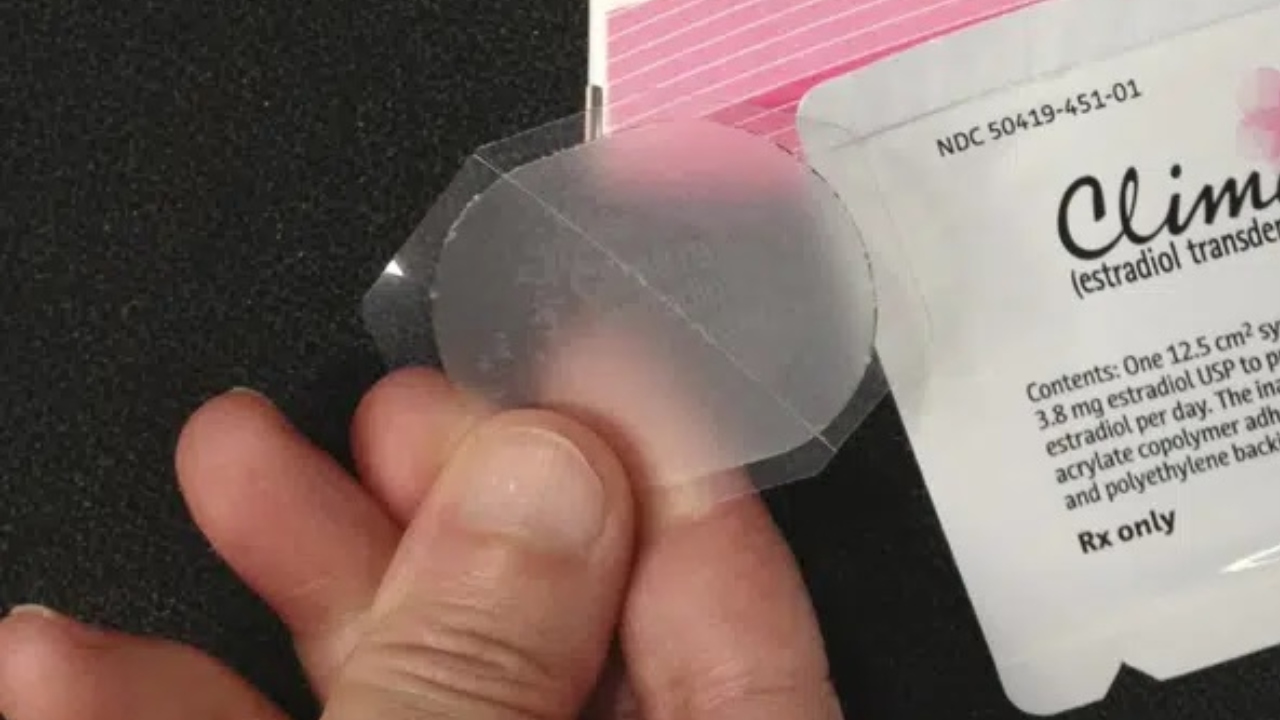Why are we talking about menopause today?
Oct. 18 was World Menopause Day, but the entire month is dedicated to breaking down the stigma surrounding menopause.
Menopause, also known as “the change,” is probably one of the most daunting experiences in a menstruating person’s life. Despite being a normal and expected part of aging, the concept of going through menopause has been deeply stigmatized by society, largely due to a lack of knowledge. Add to that, many people simply don’t know what to expect.
“Why menopause is so confusing is because it happens to you before you’re even thinking about it,” explained OB-GYN Dr. Sharon Malone in an episode of Michelle Obama’s “The Light” podcast.

To combat the stigma and confusion, the World Health Organization, in cooperation with the International Menopause Society, created World Menopause Day. The day — and now month — encourages conversations about the experience to dispel the shame and dread often associated with this phase of life, which can occur well before middle age.
What is menopause?
According to the National Institute on Aging, menopause is marked 12 months after the last menstrual period. However, before reaching that milestone, the body goes through perimenopause, also known as the menopausal transition. People can begin to show signs of the menopausal transition as early as their 30s. Perimenopause lasts about seven years on average but, in some cases, can continue up to 14 years.
Signs of “the change”
“The symptoms of menopause can be as diverse as the women experiencing them, and many signs often go overlooked,” Lorrie King, co-founder of the skincare brand Caire Beauty, designed for women experiencing menopause, wrote in Very Well Health.
More than one million women in the United States experience menopause every year, and the signs of this phase of life differ for everyone. Some of the most common symptoms of perimenopause are hot flashes, weight gain, heavy and irregular periods, hair loss, loss of bladder control, trouble sleeping, mood changes, heart palpitations, and more. As previously reported by theGrio, it’s important to ultimately understand that the menopausal transition and hormone changes can be felt throughout the entire body.
Menopause in Black women
While these symptoms are not consistent in everyone’s menopause experience, research has found that Black women experience longer and more severe premenopausal symptoms than their white counterparts.
“Black women are 50% more likely to have vasomotor symptoms such as night sweats and hot flashes, experience symptoms for on average 3.5 more years than White women, and are less likely to get hormone therapy,” said Dr. Monique Rainford, OB-GYN, an assistant clinical professor at Yale Medicine, per Very Well Health. “However, despite having more symptoms and a longer duration of symptoms, they are less likely to receive treatment. That implies they bear a higher burden of suffering from these symptoms during those years.”
Study of Women’s Health Across the Nation, also known as SWAN research, has been studying the racial and ethnic disparities among women in menopause since 1994 in hopes of understanding the bias. While this is a continuous effort, research has found that Black women are 20% more likely to demonstrate depressive symptoms during menopause because of a lack of support and socioeconomic differences. In addition to not receiving medical treatments and interventions such as hormone replacement therapy, Black women have reported feeling ignored by medical professionals when expressing concerns about menopause.
“When I said to him, ‘I think I’m starting menopause,’ he laughed out loud as if it was the most ridiculous thing he had ever heard,” 65-year-old Dannette Fogle told The New York Times about feeling symptoms in her mid-30s. “We live in these bodies, and we know when something is off. [But when people visit their doctors] it’s always: ‘Oh, it’s nothing. It’s nothing.’”
Lifting the cloak surrounding menopause
In recent years, more celebrities and public figures, including Michelle Obama, Tracee Ellis Ross, Halle Berry, and Oprah Winfrey, have shared their experiences with perimenopause, menopause, and even post-menopause. As women of color using their platforms to share their often intimate stories, they are breaking the traditional association between menopause and white women.
“Our generation has an opportunity to send an opportunity to the generations that follow. I’ve approached conversations with daughters very differently,” said the former first lady in her podcast. “We started talking about their bodies, what’s going to happen, what that means talking about it openly. I found that my girls would be as open as they saw me being.”
Regardless of your age, as a community, we should not shy away from these conversations. There is always something to learn when it comes to menopause.

Haniyah Philogene is a multimedia storyteller and Lifestyle reporter covering all things culture. With a passion for digital media, she goes above and beyond to find new ways to tell and share stories.
TheGrio is FREE on your TV via Apple TV, Amazon Fire, Roku, and Android TV. TheGrio’s Black Podcast Network is free too. Download theGrio mobile apps today! Listen to ‘Writing Black‘ with Maiysha Kai.


